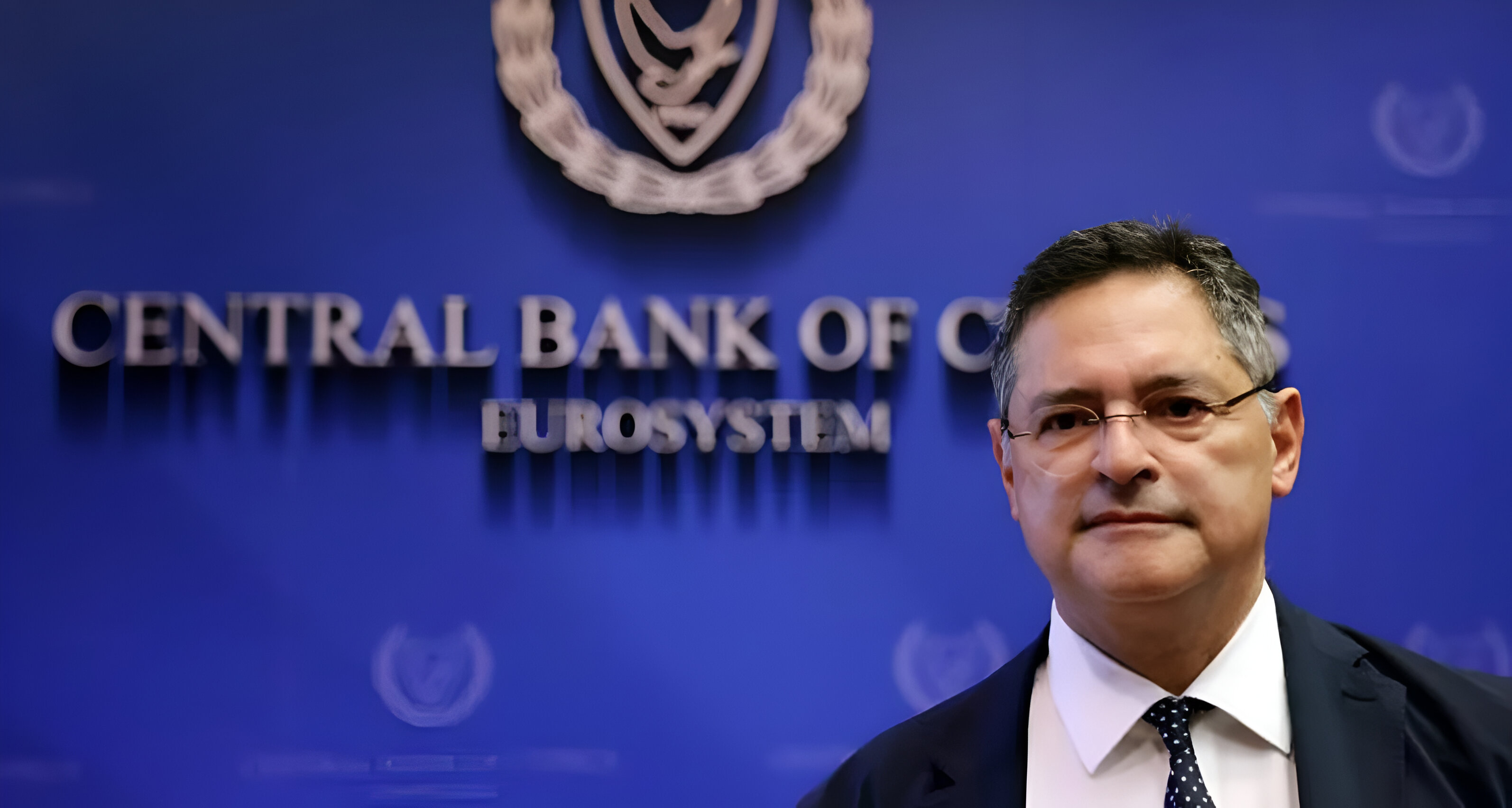Patsalides: financial education key to stability and empowerment
Central Bank of Cyprus (CBC) governor Christodoulos Patsalides on Thursday welcomed the introduction of financial literacy in primary and secondary schools, calling it an essential step for the country’s future.
“I welcome the introduction of financial education topics in the sixth grade of primary school, as well as the expansion of the financial literacy and education programme to all grades of secondary school during the 2025–2026 academic year,” he said.
“This is another substantial step in the effort to strengthen financial literacy among young people, based on the objectives of the National Strategy for the promotion of financial literacy and education in Cyprus,” he added.
“My congratulations go to the Minister and the Ministry of Education, Sport and Youth,” he stated.
His remarks followed an announcement on Wednesday that sixth-grade students will learn money management skills through the fairy tale “70 Interest and a Hole in the Shoe”, written by Maria Loizidou and integrated into the health education curriculum.
That initiative will introduce pupils to concepts such as income, expenses, budgeting, saving, borrowing, loan repayment, and financial responsibility, while also warning against online fraud.
“I also welcome the continuing progress in other essential pillars of the national strategy, implemented by the Cyprus Financial Literacy and Education Committee (CyFLEC),” he said.
“For example, work is intensively advancing on the creation of a national website for financial education and public information,” he said.
“At the same time, the training of trainers for adult financial education programmes is nearing completion, and these will begin on a wide scale in the near future,” he added.
As president of CyFLEC, Patsalides said he was proud of the collaborative work being carried out.
“Financial literacy and financial education, apart from the benefits they bring to citizens themselves, are concepts inextricably linked with financial stability,” he said.
“When citizens understand basic concepts such as saving, budgeting, borrowing and risk management, the risk of them making decisions that lead to difficult situations is reduced, both for themselves and for the economy in general,” he added.
“As chairman of the CyFLEC board”, he continued, “I assure you that the Central Bank of Cyprus together with its key partners, the Ministry of Finance, the Ministry of Education, Sport and Youth and the Cyprus Securities and Exchange Commission (CySEC), remain committed to promoting the implementation of the National Strategy.”
“Our goal is the financial empowerment of citizens,” he stated.
The initiative to introduce financial literacy to schools comes amid broader efforts to address Cyprus’ historically low levels of financial literacy.
Professor Andreas Milidonis of the University of Cyprus, also a member of CyFLEC, said that early development of money management skills would “contribute to the formation of financially responsible individuals and households for the future”.
He also explained that the long-term goal is the establishment of a mandatory Financial Education course in the third year of secondary school, taught by specially trained staff.






Click here to change your cookie preferences